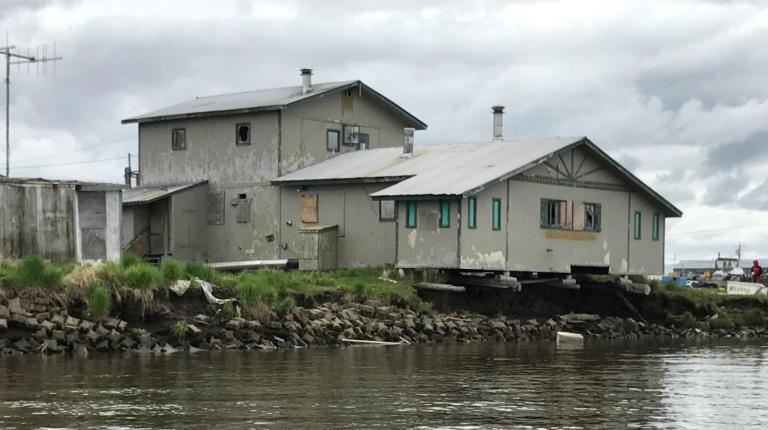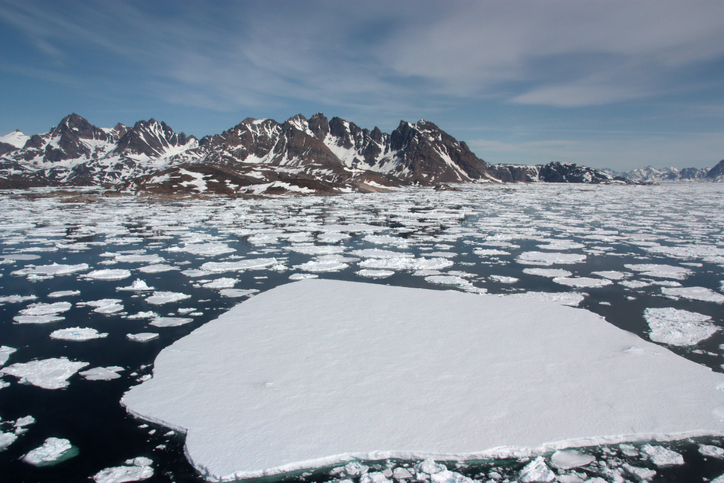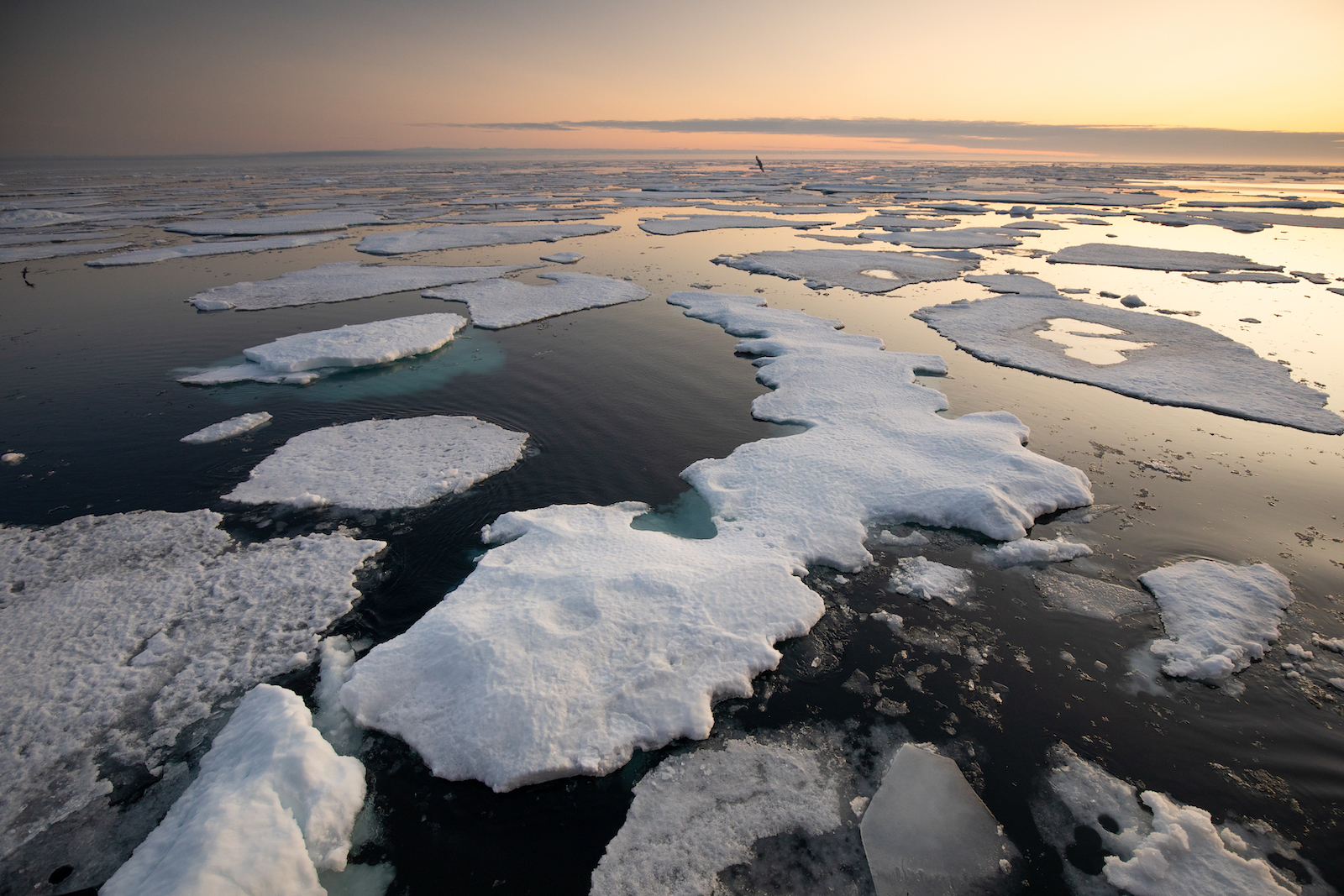It turns out the Arctic is heating up faster than previously thought, according to research out Thursday — four times faster than the rest of the planet.
In recent decades, scientists have sounded the alarm that the Arctic is warming two or three times faster than the rest of the world. A study in the journal Communications Earth & Environment suggests they were way off.
The new research, conducted by scientists at the Finnish Meteorological Institute, indicates that climate models have consistently underestimated what is known as “Arctic amplification,” where warming happens faster in the Arctic compared to the planet on average.
The Arctic is highly sensitive to climate change, and has long been seen as a harbinger of warming across the globe. Accelerating loss of sea ice and melting glaciers are tied to rising concentrations of greenhouse gas, a stark indicator of the need to drastically cut carbon emissions. On Sunday, the U.S. Senate passed landmark legislation aimed at cutting emissions through investments in clean energy. It’s expected to be taken up by the House of Representatives on Friday.
“Scientific data keeps showing that the situation is more urgent than we had previously thought,” said Robert Orttung, a research professor of international affairs at the George Washington University and the author of Urban Sustainability in the Arctic, in a statement. “Congress’s recent action is a step in the right direction, but more is needed.”
The scientists at the Finnish Meteorological Institute looked at the most recent warming data from the past 42 years, from 1979 to 2021. They found that across major portions of the Arctic Ocean, warming happened at least four times faster than the global average rate. In some parts of the Arctic Ocean, such as in the Barents Sea, the rate of warming was up to seven times faster.
Comparing their observed rates of warming to past simulations, the researchers found that the four-fold Arctic warming outcome was extremely rare in the state-of-the-art climate models, which systematically underestimated actual Arctic warming.
In the Arctic, as temperatures rise and ice cover recedes, more heat is absorbed by the ocean, which in turn melts more ice and releases more heat into the atmosphere. This increases the speed of warming in an ongoing feedback loop, which models might not have accurately accounted for. The warming effect of lost ice is strongest in late autumn and early winter, when the air is cooler than the ocean.
Faster warming in the Arctic has a ripple effect, affecting weather patterns and driving extreme climate events around the world.





